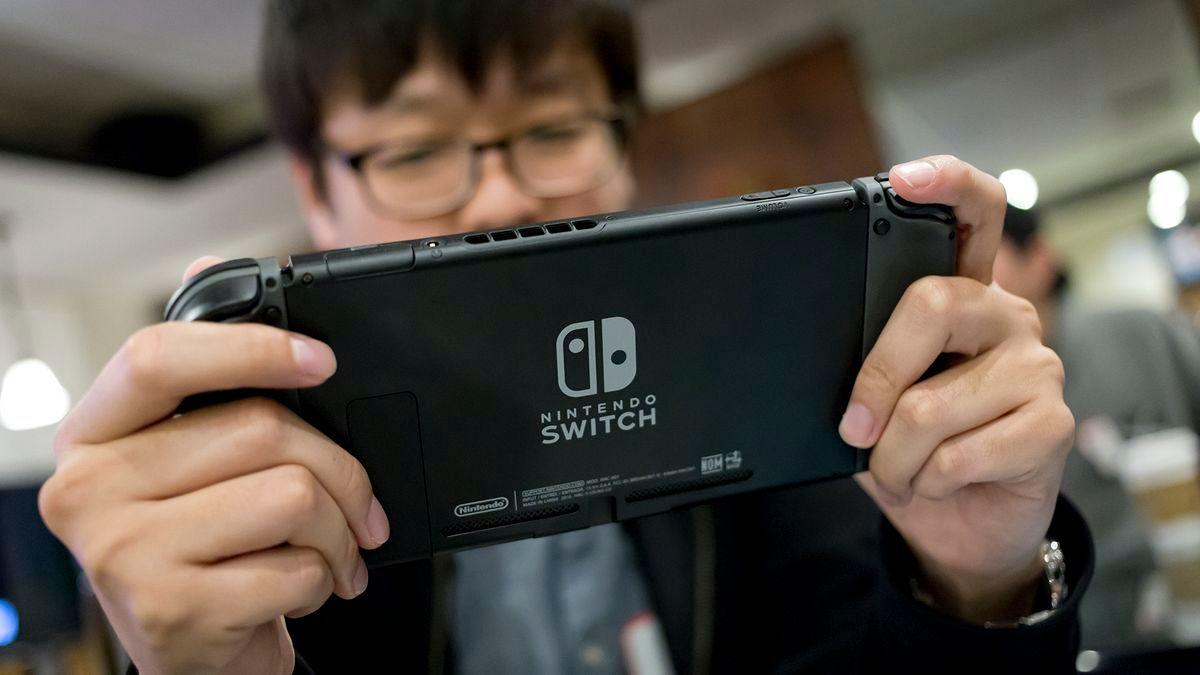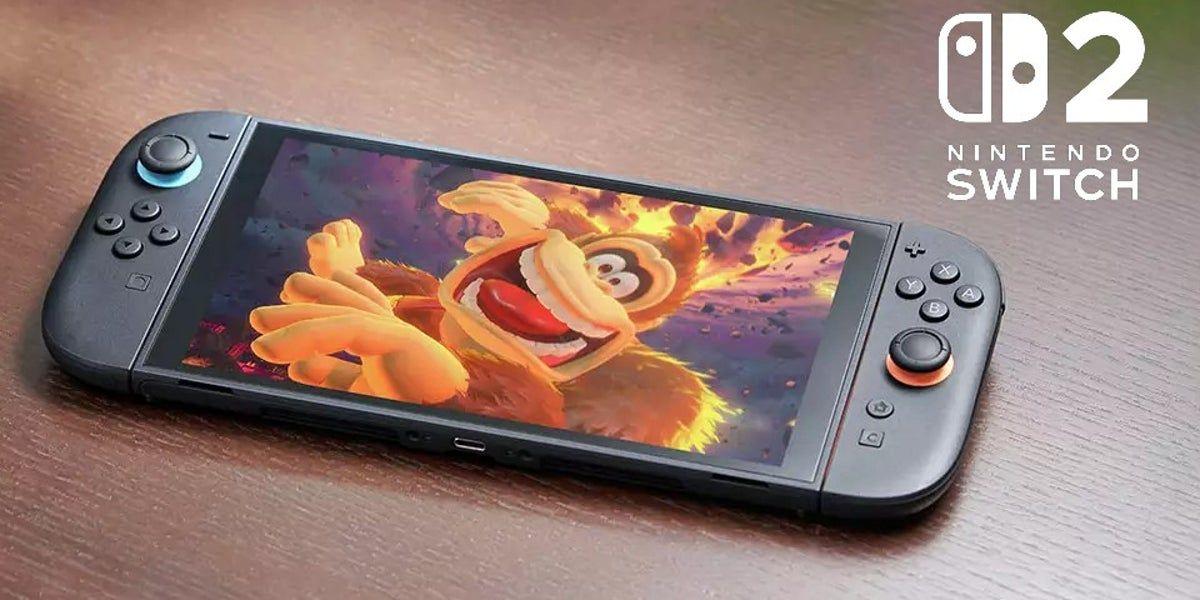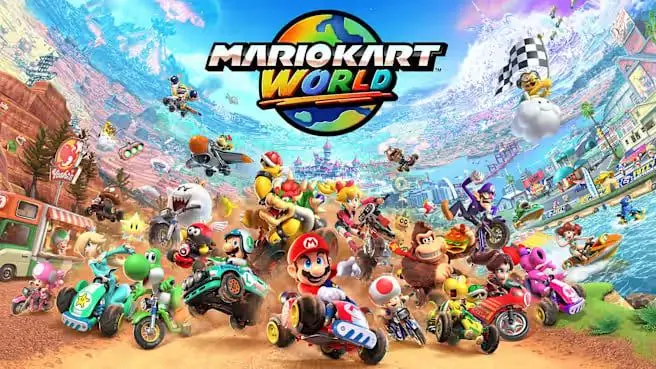Nintendo Denies AI Lobbying Claims, Reaffirms IP Protection Stance
2 Sources
2 Sources
[1]
Nintendo denies lobbying over genAI, but stresses it will continue fighting IP infringement "whether AI is involved or not"
Nintendo has denied reports that it has been lobbying Japanese lawmakers against generative AI, insisting it "has not had any contact with the Japanese government" about the highly controversial emerging tech. The denial comes after Japanese politician Satoshi Asano posted an apology on social media after claiming Nintendo was lobbying the Japanese government. This was followed by a further apology earlier today, after which Satoshi deleted the original post. While the megacorp typically declines to comment on speculation, on this occasion Nintendo was keen to shoot the rumour down and stressed that while it was not lobbying, "whether generative AI is involved or not, we will continue to take necessary actions against infringement of our intellectual property rights". "Contrary to recent discussions on the internet, Nintendo has not had any contact with the Japanese government about generative AI," the company wrote. "Whether generative AI is involved or not, we will continue to take necessary actions against infringement of our intellectual property rights." Nintendo recently shared its thoughts on generative AI, and assured fans that its games will always have "a human touch", with Nintendo of America president Doug Bowser saying: "We still believe that what makes our games special is our developers, their artistic capabilities, their insight into how people play. So, there's always, always going to be a human touch, and a human engagement in how we develop and build our games." Nintendo's position is at odds with many of its contemporaries. Back in 2024, Square Enix CEO Takashi Kiryu stated the company would be "aggressive in applying AI", with developers admitting they "dabbled" with AI for the ill-fated shooter Foamstars, Professor Layton studio Level-5 has used AI tool Stable Diffusion, and even Capcom has admitted experimenting with generative AI too. Sega also has an in-house AI team. In fact, a recent survey conducted by the Computer Entertainment Supplier's Association (CESA), the organiser of Tokyo Game Show, showed that over half of Japanese game companies are using AI in their development.
[2]
'Nintendo has not had any contact with the Japanese government about generative AI': Nintendo denies anti-AI lobbying rumors
Any handheld PC has its work cut out for it going up against the Nintendo Switch. (Image credit: Dünzl/ullstein bild via Getty Images) Nintendo has released an official response after rumors spread online last week that it was lobbying against generative AI with the Japanese government, as reported by Video Games Chronicle. Nintendo stated in a post on X (formerly Twitter): "Contrary to recent discussions on the internet, Nintendo has not had any contact with the Japanese government about generative AI. Whether generative AI is involved or not, we will continue to take necessary actions against infringement of our intellectual property rights." This statement was sparked by a now-deleted post by Japanese House of Representatives member Satoshi Asano claiming that Nintendo was "engaging in lobbying activities with the government" to push back against the use of generative AI. Asano posted a formal apology on Sunday after Nintendo's denial of the allegations, expressing regret at not adequately confirming the facts. The mix-up comes amidst the tumultuous launch of OpenAI's Sora 2 AI video generation model, which was caught generating videos containing copyrighted content last week, including IP from Nintendo, Pokémon, Studio Ghibli, and more. One such video showed an AI-generated Sam Altman saying, "I hope Nintendo doesn't sue us," as photo-realistic Pokémon run around in the background. Backlash over these videos is likely part of the reason OpenAI is changing its policy for using copyrighted material in Sora. Nintendo is famously protective of its IP, although its stance on the use of generative AI internally isn't fully clear yet. In the past, Nintendo has mentioned steering clear of generative AI for the time being, citing concerns about IP protection, but Nintendo president Shuntaro Furukawa has also said the company is "open to utilizing technological developments." So, generative AI might not be permanently out of the question for Nintendo, which isn't exactly surprising considering over half of Japanese game companies are already using it in some capacity.
Share
Share
Copy Link
Nintendo has officially denied rumors of lobbying against generative AI with the Japanese government. The company clarifies its position on AI use and intellectual property protection.
Nintendo Refutes AI Lobbying Claims
Nintendo has officially denied reports suggesting that it has been lobbying Japanese lawmakers against generative AI. The company stated, "Contrary to recent discussions on the internet, Nintendo has not had any contact with the Japanese government about generative AI"
1
2
.
Source: Eurogamer
The denial came in response to a now-deleted social media post by Japanese politician Satoshi Asano, who claimed that Nintendo was engaging in lobbying activities with the government regarding generative AI. Asano has since apologized for not adequately confirming the facts before making the assertion
2
.Nintendo's Stance on AI and IP Protection
While Nintendo has refuted the lobbying claims, the company emphasized its commitment to protecting its intellectual property. Nintendo stated, "Whether generative AI is involved or not, we will continue to take necessary actions against infringement of our intellectual property rights"
1
.This statement aligns with Nintendo's historically protective approach to its IP. However, the company's position on the internal use of generative AI remains somewhat ambiguous. Nintendo of America president Doug Bowser previously assured fans that their games will always have "a human touch," emphasizing the importance of human developers and their artistic capabilities
1
.
Source: PC Gamer
AI Adoption in the Japanese Gaming Industry
Nintendo's cautious approach to AI contrasts with many of its contemporaries in the Japanese gaming industry. A recent survey conducted by the Computer Entertainment Supplier's Association (CESA) revealed that over half of Japanese game companies are already using AI in their development processes
1
.Several prominent companies have openly embraced AI technologies:
- Square Enix: CEO Takashi Kiryu stated the company would be "aggressive in applying AI."
- Level-5: The Professor Layton studio has used the AI tool Stable Diffusion.
- Capcom: The company has admitted to experimenting with generative AI.
- Sega: The company has an in-house AI team .
Related Stories
The Broader Context of AI in Gaming
The discussion surrounding Nintendo's stance on AI comes amid the controversial launch of OpenAI's Sora 2 AI video generation model. The model faced criticism for generating videos containing copyrighted content, including IP from Nintendo and Pokémon. This incident has led OpenAI to reconsider its policy on using copyrighted material in Sora
2
.As the gaming industry continues to explore the potential of AI technologies, Nintendo's position remains cautious but not entirely closed off. Nintendo president Shuntaro Furukawa has stated that the company is "open to utilizing technological developments," suggesting that generative AI might not be permanently ruled out for future Nintendo projects
2
.References
Summarized by
Navi
Related Stories
Nintendo Denies AI Use in My Mario Campaign as Model Speaks Out About Real Photo Shoot
12 Jan 2026•Entertainment and Society

Nintendo's Shigeru Miyamoto Distances Company from AI Trend in Game Development
26 Sept 2024

Nintendo Weighs AI Use in Game Development, Emphasizes Human Touch
08 Apr 2025•Technology

Recent Highlights
1
Google Gemini 3.1 Pro doubles reasoning score, beats rivals in key AI benchmarks
Technology

2
Meta strikes up to $100 billion AI chips deal with AMD, could acquire 10% stake in chipmaker
Technology

3
Pentagon threatens Anthropic with supply chain risk label over AI safeguards for military use
Policy and Regulation





